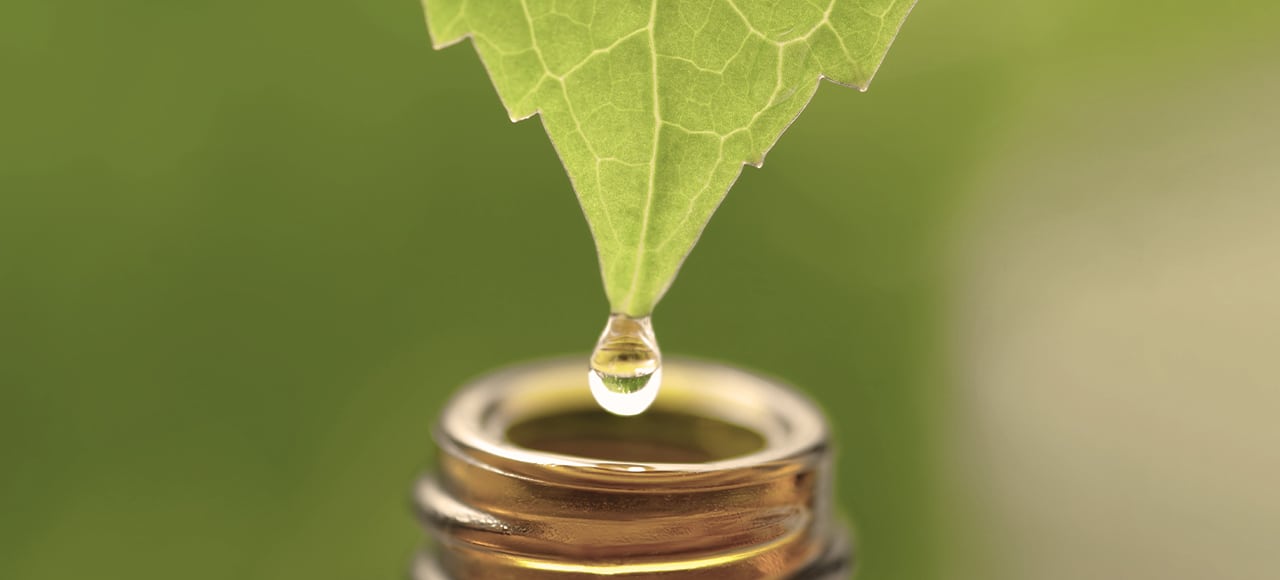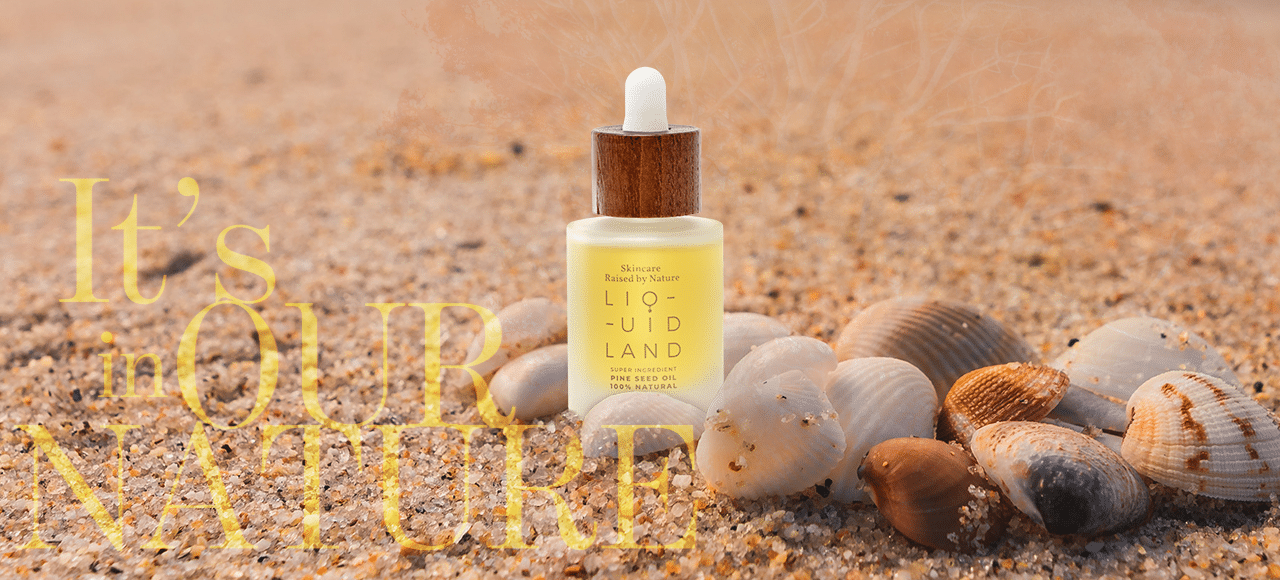Cosmetics in harmony with nature



If we look around us carefully, we see that nature is as diverse as it is beautiful. Its countless shapes and colors harmonize in a living, ever-changing landscape that inspires art, science and, as we will see, even the world of cosmetics.
Seeing how perfect nature is – and how much natural skin care has won the hearts of consumers – it is up to us to pay homage to it, reflecting on the harmony possible between the natural world and the world of cosmetics.
Nature and our health
To understand how the natural world inspires us on a daily basis, it is important to think about the beneficial effects that come from contemplating it. There is even scientific evidence that shows that, living in an urban context prone to stress, we can momentarily alleviate symptoms of anxiety when we contemplate natural elements. Interrupting the hustle and bustle of everyday life to admire the beauty of nature, whether contemplating a flowery meadow, listening to the movement of the sea waves or noticing the lush vines climbing a wall, allows us to reestablish energy and achieve better emotional stability.
Like our article “What is the value of our skin and how to take care of it?” says, there is a deep connection between the mind and the skin, which results in anxiety tending to have a negative impact on the skin’s health. Specifically, the symptoms of accumulated stress can generate skin rashes, impair the skin’s elasticity and increase its fragility in the face of external factors or aggressors. Note that, if the contemplation of nature contributes to our mental and emotional well-being, being able to alleviate stress, then cultivating regular contact with natural elements is also a way of cultivating the health and vitality of the skin – a fundamental factor, prior to the application of cosmetic products.
Now, it’s true that we don’t just draw aesthetic inspiration from nature: we breathe in cleaner air thanks to it. Plants filter the air we breathe, through the process of photosynthesis, managing to reduce pollution levels in industrialized cities. The more trees and plants there are in the place we live, the fewer pollutants that interfere with the health of our body and, consequently, in the vitality of the skin. Concern about air pollution is, as such, a central theme in the world of beauty care.
Nature applied to beauty
We often come to the conclusion that nature contains the best answers to the challenges of modern life, all we need to do is study it and resort to its innate wisdom to be able to resolve them. Airplane wings, for example, result from human attempts to recreate the flight of birds, and are an imitation of nature that allowed us to go beyond our limitations to freely conquer the skies.
This is the domain of biomimicry, which investigates natural mechanisms and seeks to reproduce them in their entirety. Cosmetics has also found inspiration in these organic processes, taking them as examples to obtain more effective and sustainable products. As biomimetics is an area of science in constant development, although quite old, it even encompasses the recreation of some of the most popular and current substances in the world of beauty, such as hyaluronic acid and collagen. Knowing the mechanics of natural organisms to recreate them in cosmetics, without harming their origin or losing their qualities, demonstrates that nature is a very rich source of inspiration, whose wisdom we respect.
Cosmetics of natural origin
The perception of the contrast between highly industrialized environments and the natural world causes a deep disenchantment to grow – in the face of the expansion of gray tones and uniformity – which in turn gives strength to the trend of embracing nature in every way possible. Because we admire not only the perfect functioning of natural organisms but also the beauty that is intrinsic to them, we have the desire to harmonize our way of life with nature, including with regard to cosmetics.
Thus, the demand for entirely natural beauty products, which respect the skin’s own essence, is growing. Liquid-Land Mediterranean Pine Seed Oil also seeks to offer a product without any type of artificial processing or chemical additives, believing that each person’s skin deserves to be cared for naturally. Moisturizing your skin with this deeply nourishing oil, feeling its touch, texture and natural aroma, provides a unique experience of reconnection with our Mediterranean, where the organic pine nuts that we love so much come from. After all, the best care – whether for the mind, body or skin – is in our nature.
Sustainability at the heart of beauty
In order to enjoy nature, it is necessary to make it a priority to protect it, also ensuring that future generations will continue to have access to everything it gives us. Cosmetic brands must follow environmental protection measures and reassure people about their contribution to this. At a time when we see the risks of ecosystem destruction, generating problems such as deforestation and waste of resources, consumers must feel that the skincare products they apply to their skin are aligned with their environmental values.
Maximum respect for nature is one of the fundamental principles of Liquid-Land, whose conduct is deeply rooted in sustainability. It is possible for us to establish harmony between nature and the world of beauty by providing natural care, which excludes substances that are potentially toxic to the environment and the skin from its composition. Before arriving at the final product, we seek to protect the centuries-old ecosystem of Pinus Pinea species and carry out a careful selection of mature cones, counting on the reciprocal support of our employees, who also build a more sustainable local and social economy. Subsequently, the flour resulting from the extraction of pine nut oil can be used in pastry and gastronomy, resulting in a care that is not only of high quality but also minimizes the waste of resources.
Liquid-Land provides a harmonious balance between personal care for your well-being and respect for nature, which inspires us in all its forms.
Sources: American Psychological Association; Cosmetics and Toiletries; Cosmetics Business.




